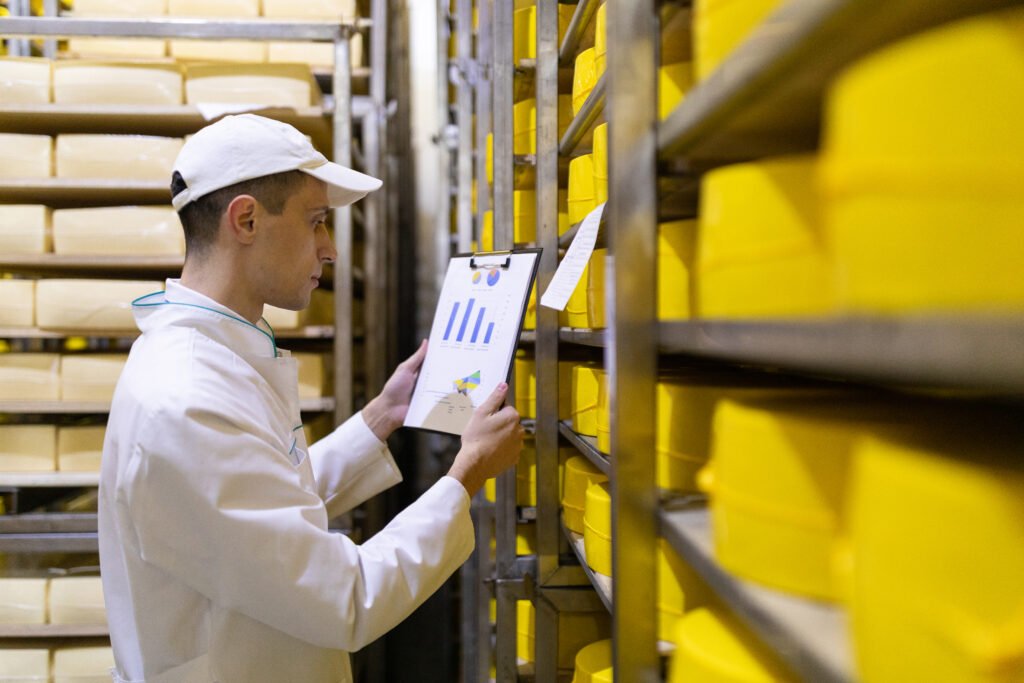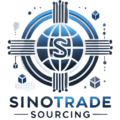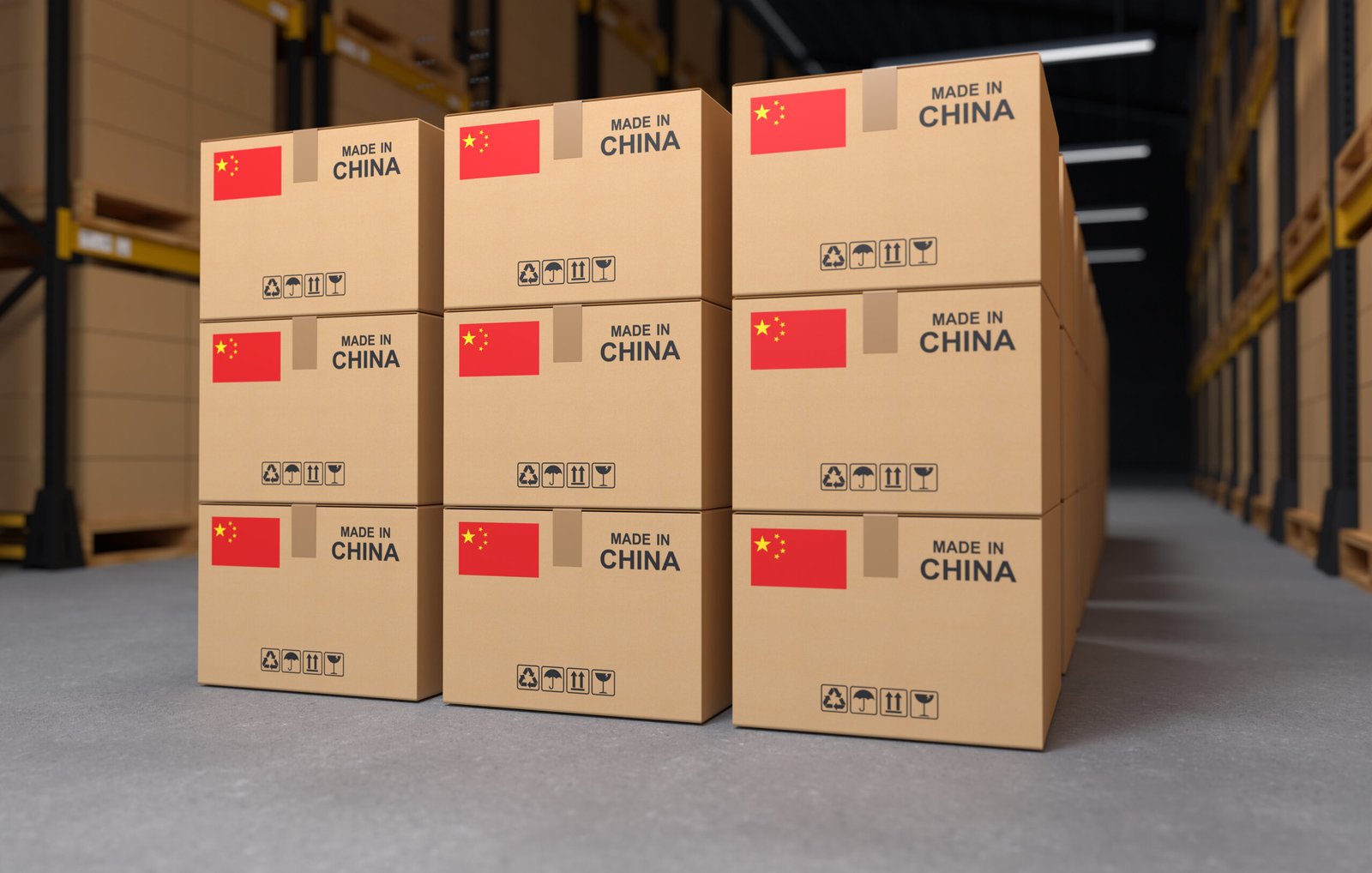Introduction

In the realm of international trade, Made in China has become synonymous with affordability, scalability, and diversity. However, the question of trust is often raised by businesses new to sourcing products from China. Given the vast differences in business practices, legal systems, and even language, it’s natural for companies to be cautious when dealing with Chinese suppliers.
At SinoTrade Sourcing, with over 14 years of experience helping international businesses navigate the complexities of sourcing and exporting from China, we’ve seen firsthand how trust can be built with the right strategies. In this article, we’ll explore the key factors that determine whether you can trust your Chinese supplier, using real examples and offering actionable advice on how to mitigate risks in the export-import business.
1- The Myth of Unreliable Chinese Suppliers

The stereotype that all Chinese suppliers are unreliable is widespread but largely unfounded. While there are cases of subpar or fraudulent suppliers, this is not unique to China; similar challenges exist in every market. In reality, many Made in China products are used by some of the world’s largest brands, renowned for their strict quality control.
In our experience at SinoTrade Sourcing, we’ve worked with countless trustworthy suppliers who provide high-quality products that meet international standards. However, the key lies in effective vetting and due diligence, not blind trust.
2- Vetting Suppliers: Building a Foundation of Trust
One of the most effective ways to build trust with Chinese suppliers is through a thorough vetting process. It’s crucial to verify the legitimacy of the supplier and confirm that they have the capability to produce the quality and quantity of goods you need. This can be achieved through background checks, factory audits, and communication.
At SinoTrade Sourcing, we follow a meticulous process for vetting suppliers, which includes:
- Company Verification: We check business licenses, export licenses, and references from previous clients.
- Factory Visits: Our team regularly conducts on-site inspections to ensure that production capabilities and working conditions meet industry standards.
- Third-Party Audits: We often engage independent auditing firms to further assess a supplier’s reliability, particularly for new clients.
Example: A European electronics company approached us to source high-tech components from China. They were initially skeptical of the supplier’s capabilities due to rumors of poor quality. After SinoTrade Sourcing conducted a factory audit and reviewed the supplier’s past performance, the client proceeded with the order. The outcome? Timely delivery of high-quality components that exceeded expectations.
We’ve written a comprehensive blog article on how to build long-term relationships with Chinese suppliers. You can find it here
3- Cultural Differences and Miscommunication: A Barrier to Trust?

One major challenge that international buyers face when working with Chinese suppliers is navigating cultural differences. Language barriers, differing work ethics, and distinct negotiation tactics can sometimes lead to misunderstandings, which can undermine trust. But this doesn’t mean Chinese suppliers are less reliable. Instead, it means that buyers need to invest in understanding Chinese business culture.
Some effective practices include:
- Clear Contracts: Having a comprehensive and detailed contract in both English and Chinese helps prevent misunderstandings.
- Regular Communication: Frequent updates and transparent communication via emails, phone calls, or instant messaging apps help to clarify expectations.
- Cultural Sensitivity: Learning how to handle negotiations and expectations in a culturally appropriate way can go a long way in building rapport.
Example: A client in the fashion export industry was struggling to communicate product specifications effectively to a supplier. By bridging the communication gap through detailed visuals and bilingual contracts, they were able to establish a stronger working relationship and receive high-quality, customized products.
4- Quality Control: Ensuring Excellence with Chinese Suppliers

One of the biggest concerns international businesses face when sourcing from China is product quality. Many fear that without a direct presence in China, it’s impossible to ensure that products meet specifications. However, this can be addressed through robust quality control measures.
At SinoTrade Sourcing, we provide end-to-end quality assurance services that include pre-production inspections, in-process monitoring, and final pre-shipment checks. This ensures that all products are manufactured to the agreed-upon standards before they leave the factory.
Example: A U.S.-based fitness equipment company wanted to source durable and safe gym products from China but was concerned about product defects. Our team conducted regular factory audits and stringent quality control inspections, ensuring that every shipment met international safety standards.
5- Trust is Earned: Long-Term Supplier Relationships
One of the most important aspects of building trust with Made in China suppliers is the ability to establish long-term relationships. Trust isn’t built overnight, but through consistent communication, successful transactions, and mutual respect, you can form valuable partnerships with Chinese suppliers that benefit both sides.
At SinoTrade Sourcing, we emphasize relationship-building as a cornerstone of success. By visiting suppliers regularly, maintaining open communication channels, and treating suppliers as partners rather than just vendors, we help our clients build sustainable and reliable sourcing relationships.
Example: One of our long-term clients, a global home décor brand, has been working with the same Chinese supplier for over five years. The relationship has evolved from cautious small orders to bulk, high-value shipments thanks to the trust developed through regular factory visits, transparent communication, and mutual respect.
Conclusion: Can You Trust Made in China Suppliers?
The answer is yes, you can trust Made in China suppliers, but only when you take the right steps to mitigate risks. By vetting suppliers, ensuring clear communication, prioritizing quality control, and protecting yourself with legally binding contracts, you can confidently navigate the Chinese sourcing landscape.
At SinoTrade Sourcing, we specialize in helping international businesses establish trusted relationships with Chinese suppliers. With our experience, local knowledge, and commitment to quality, we ensure that your sourcing experience in China is smooth and successful. If you’re looking for a reliable partner to help you source products from China, get in touch with us today to learn more about how we can help your business thrive.



